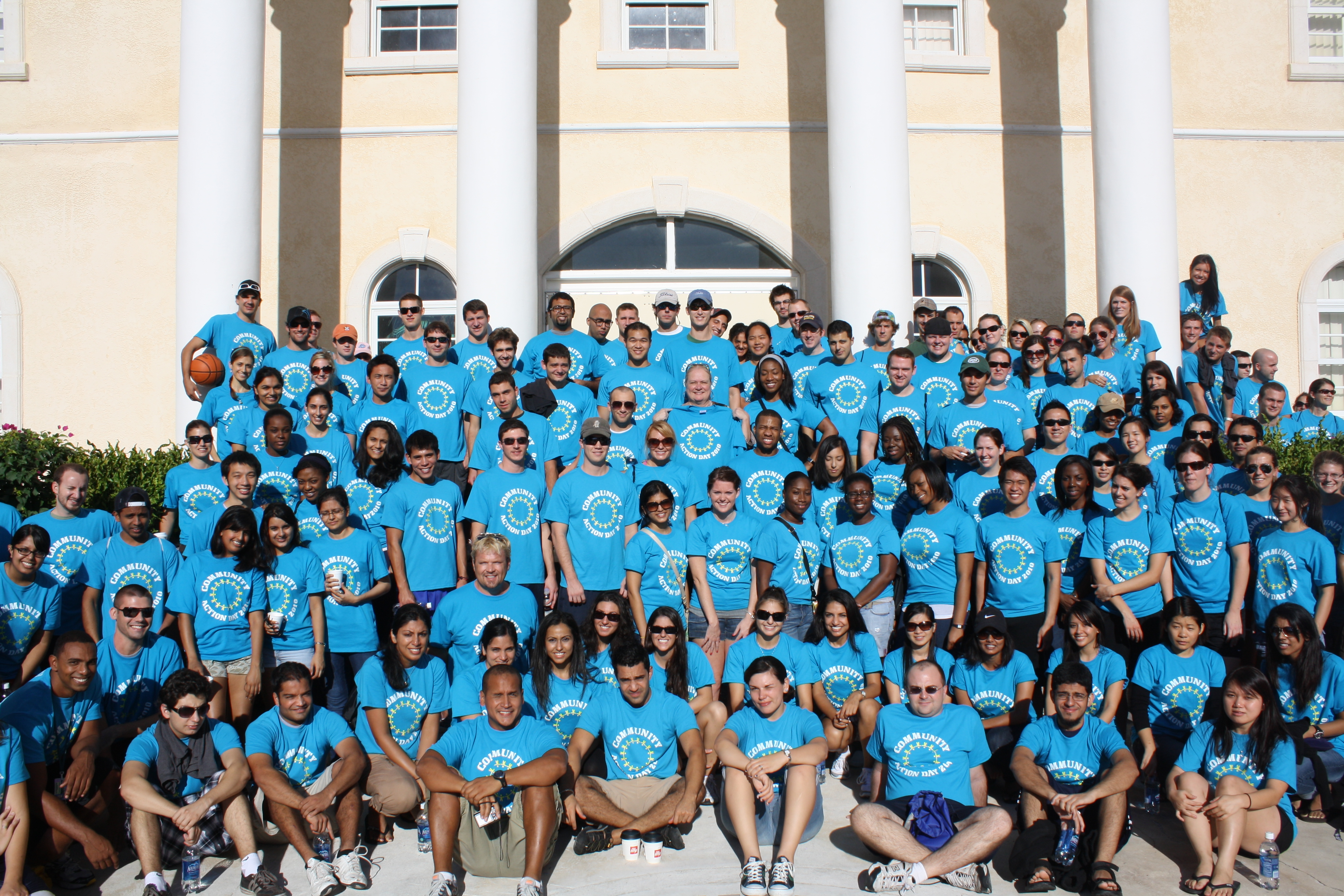Forever a Student
 As a doctor, lectures and exams do not stop at med school graduation. Nor does it stop after end of residency. Getting state-licensed and board-certified is never a one-time done deal. In order for me to maintain my legal ability to practice medicine, I will be required to earn CME (continuing medical education) credit.
As a doctor, lectures and exams do not stop at med school graduation. Nor does it stop after end of residency. Getting state-licensed and board-certified is never a one-time done deal. In order for me to maintain my legal ability to practice medicine, I will be required to earn CME (continuing medical education) credit.
CME comes in many shapes and forms. It can be study material that you order online that contains an exam for you to take to receive credit. It can be a live lecture, or a webinar. It can be a question bank. Or it can be an interactive workshop. In general, 1 hour is equal to 1 CME credit. The important thing to know is that it has to be an accredited CME, meaning it is approved by a CME accrediting organization. It can’t be just any random event or lecture you attend. You will then need to report the CME to your specialty’s board.
For me, as a Georgia state-licensed and ABFM-certified family physician, here are my CME requirements for the rest of my career:
- Requires 20 CME/year or 40 CME per 2 years. I have to renew mine by 3/31 of every even-numbered year.
- You don’t need to submit proof that you’ve done the CME (so more of an honor system), but you better have it documented just in case you get audited.
AMERICAN BOARD OF FAMILY MEDICINE (BOARD CERTIFICATION)
- Requires an active state medical license (see above).
- Every 3-year certification stage, I must get 50 points (which are not the same as CME) through the following ways:
- Knowledge Self-Assessment (KSA), found on ABFM website – 10 points
- Performance Improvement (PI) – 20 points (can include PPM or MIMM or hand hygiene PPM, all found on ABFM website)
- Then another 20 pts in any other way (KSA, PI, CSA 5 pts)
- CME Requirements: 50 CME/yr or 150CME/3yrs.
- Minimum 50% of it must be Division 1 credit per 3 yrs. Division 1 CME are your regular accredited CMEs, like lectures, study material, quizzes.
- Maximum 50% of it can be Division II credit per 3 yrs. Division 2 CME are other non-accredited activities that you do on your own like precepting or research, and they must be reviewed and approved by the ABFM before they can count for CME.
- These also have CME credits: KSA are 8 Div I CME credits, PI are 20 Div I CME credits, CSA 4 Div I CME credits.
- The CME can be either AMA Category I CME or AAFP prescribed CME credit.
- I have to document 150 CME by July 1 of 2020, 2023, 2026, 2029, etc.
- Family Medicine Certification Exam (valid for 10 years) – 8 hour exam. I have to renew mine by July 1 of 2027, 2037, 2047, etc.
-
As a family physician, it is not required to join a professional organization like AAFP. However, if you want to join as a board-certified physician here are the requirements:
-
You must pay for both national and local dues: $440 (National dues) + $365 (local Georgia dues) = $705 annually (valid 1/1-12/31). If apply after 7/1, dues pro-rated 50%.
-
CME requirements to maintain AAFP membership: 150 credits/3yrs (same as ABFM). However, 75 credits needs to be AAFP-prescribed credits, and 25 must be live activities, unlike ABFM, which doesn’t specify it has to be AAFP-prescribed or live.
-
Memberships last 3 yrs. If I want to continue being a member, I will have to renew mine by 1/1 of 2018.
- AAFP CME Search – great place to start your search for family medicine CME.
- National Procedures Institute (NPI) – They offer hands-on, live CME procedural training. Want to incorporate botox or cosmetic procedures to your primary care practice? Or perhaps ultrasound, or allergy testing/immunotherapy? If so, then this is where you go. Courses range from $850 to $1495.
- Medscape Family Medicine CME – comes as an app too.













Wow, what an inspirational person you are! I am married, 36y/o, mother of 4 (youngest 8y/o), banker/internal auditing for 17 years who has always contemplated pursuing medicine however Celtic tiger in Ireland, family commitments and good salaries won me over my passion… until now… your journey has been an inspiration and assurance to me – so, thank you very much for your hard work in putting all the info in this platform over the many year.
Have you heard of Functional Medicine? I remember reading about your previous work on Alzheimer’ (diabetes type 3??).. have you read the book “The end of Alzheimer’s: the first programme to prevent and reverse the cognitive decline of dementia” by Dr Dale Bredesen?
I have a feeling you would like to learn more about the 36 factors and the Re-CODE protocol…
I sense you are open minded and on the ‘forever learning’ theme thought you’d a little something back from a vivid reader of yours…
Thank you once again.
Take care
Tauane
Hi Benji
Through the medscape education app, how have you gotten ABFM credit… it seems to only want to give ABIM credit… let me know 🙂 thanks
Hi Julia, the medscape CME are AMA PRA Category 1 credits, which are accepted by ABFM. Congrats on your recent wedding!
Benji